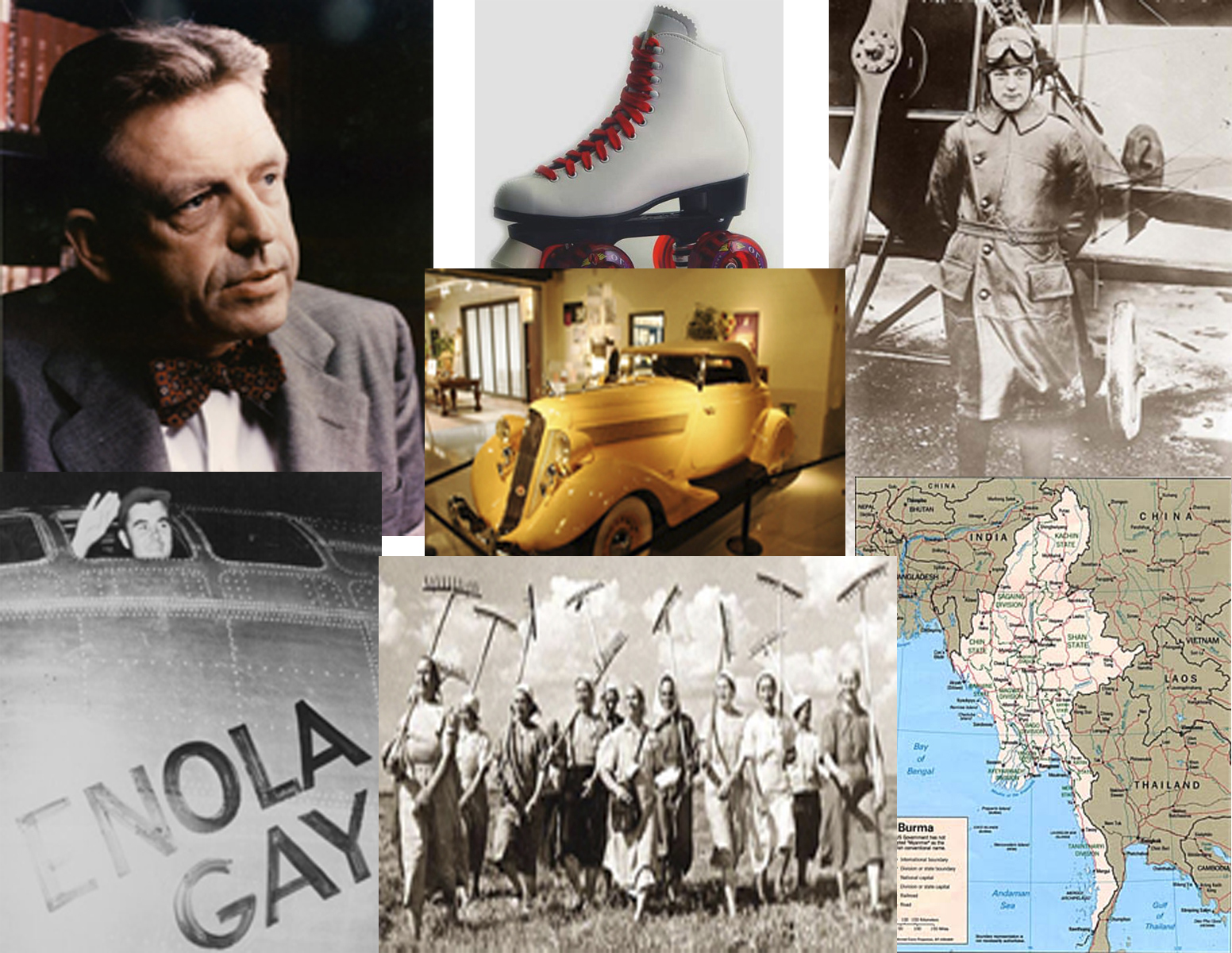81. Indian American Diaspora in the Hoosier State, 1999-2002 21 Interviews
Indiana University Center for the Study of History and Memory
This project, sponsored by a CLIO grant from the Indiana Historical Society, consists of interviews with Indian Americans living in Indiana. The interviewees, the majority of whom were born in India and immigrated to the United States, discuss a variety of topics including: Indian foodways, Indian traditions, Indian national politics, education, career choice, family history, parenting philosophy, reasons for coming to the United States, reasons for remaining in the United States, citizenship and naturalization, marriage and dating customs. media coverage of India, and differences between Indian and American cultures. This project was co-directed by Professor M. Gail Hickey of the School of Education at Indiana University-Purdue University at Fort Wayne.

